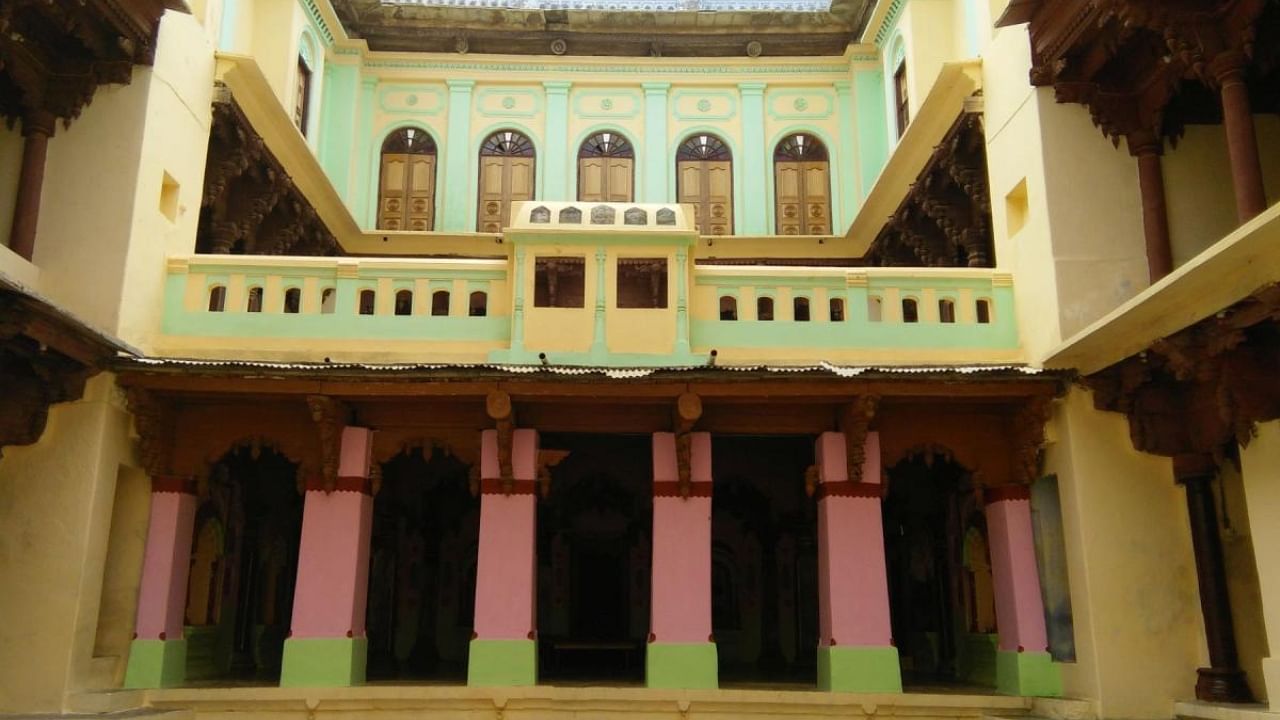

Surapura (Shorapur earlier) in Yadgir district finds a place of pride in Karnataka’s contribution to the country’s freedom movement.
Raja Nalwadi Ventakappa Nayaka, the young freedom fighter of Surapura Aasthana, was at the forefront of the fight against the British.
Bhaskar Rao, director, research centre of the Surapura Samsthana, said Venkatappa Nayaka was crowned king of independent Surapura state at the age of 23 years.
He was one of the heroes of the uprising of 1857 against the British. He had close ties with the Nizam of Hyderabad, Rao said.
After the death of Krishnappa Nayak, Venkatappa’s father, Colonel Meadows Taylor was sent to Surapura as there was infighting to ascend the throne. Venkatappa was just eight years old at that time.
Eshwaramma, Venkatappa’s mother, requested Taylor to train her son in safeguarding the princely state. Taylor taught him English, Rao said.
Venkatappa was crowned king in 1853 after he came of age and he ruled the state till 1858.
Nanasaheb Peshwa sent word to Venkatappa, saying he should launch a struggle in South India against the British, while they will take on the colonialists in North India.
Venkatappa formed a front consisting of Jattu, Jamakhandi, Mudhol, Naragund and Koppal states.
He ventured into the fight though it was thought that he would be defeated.
Rao narrates that in February 8, 1857, Surapura state won the war.
Captain Newbury of the British Army and his assistant died in the war. Their tombs, located 6 km from Surapura, are a testimony to the 1857 war, Rao said.
Unfortunately, Venkatappa was defeated the very next day as a large posse of British military invaded Surapura.
Venkatappa escaped to Hyderabad to seek support from the Nizams. The prime minister there Salar Jung got arrested him and handed him over to the British resident.
In the court martial, death punishment was awarded to Venkatappa, but it was commuted to life imprisonment.
The resident of Hyderabad intervened and recommended for four years’ imprisonment.
It was decided to lodge him at Chengalpet. While taking him there, the British military camped at Amberpet on the way.
“The next day, Venkatappa was shot at by a military officer. The bullet pierced through his stomach and came out from his back and he died. But Britishers spread rumours that the king ended his life by shooting himself,” Rao said.
“We still don’t know where the body of Venkatappa Nayak was buried, at Amberbet, Secunderabd or Surapura. There is a burial ground near the Secunderabad jail that is still under the military. It is believed that he might have been buried there,” Rao said.